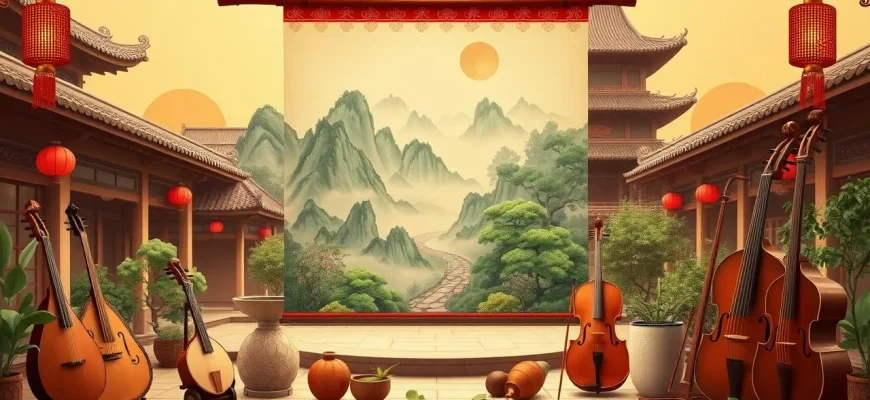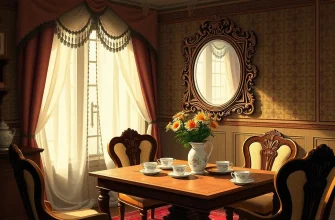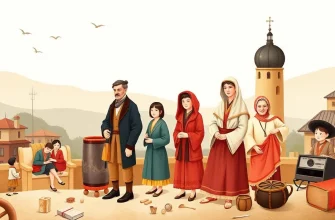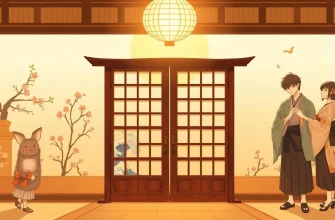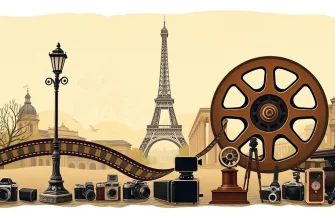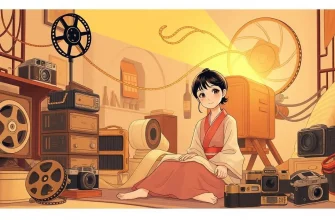Delving into the rich tapestry of Chinese culture, these films offer a window into the complexities of tradition, family, and societal change. From historical epics to modern-day tales, each drama provides a unique glimpse into the heart of China, making this collection a must-watch for anyone keen on understanding the cultural nuances and emotional depth of this ancient civilization.
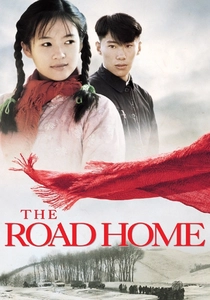
The Road Home (1999)
Description: A touching story about love and tradition, where a son returns to his rural village to arrange his father's funeral, reflecting on his parents' love story.
Fact: The film was shot in black and white for the present-day scenes, symbolizing the son's somber mood, while the past is depicted in vibrant colors.
 Watch Now
Watch Now
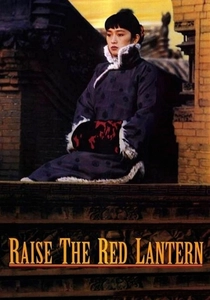
Raise the Red Lantern (1991)
Description: Set in the 1920s, this film examines the life of a young woman who becomes the fourth wife in a wealthy household, highlighting the oppressive customs of the time.
Fact: The film was banned in China for its portrayal of the feudal system, but it received international acclaim, including a BAFTA nomination.
 30 Days Free
30 Days Free
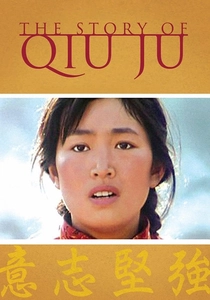
The Story of Qiu Ju (1992)
Description: This film follows a peasant woman's quest for justice after her husband is injured, showcasing the persistence of the common people against bureaucratic hurdles.
Fact: It was the first Chinese film to win the Golden Lion at the Venice Film Festival.
 30 Days Free
30 Days Free
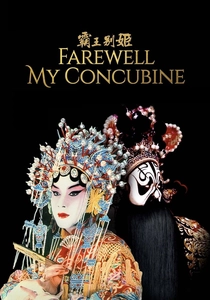
Farewell My Concubine (1993)
Description: Spanning over 50 years, this epic drama explores the lives of two Peking opera stars, reflecting on loyalty, love, and the impact of political turmoil.
Fact: It was the first Chinese film to win the Palme d'Or at Cannes and faced censorship issues in China due to its sensitive content.
 30 Days Free
30 Days Free
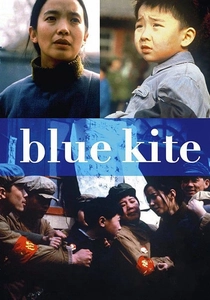
The Blue Kite (1993)
Description: This film provides a child's perspective on the impact of the Cultural Revolution, focusing on family dynamics and the loss of innocence.
Fact: The film was banned in China for its depiction of the Cultural Revolution, leading to the director's exile.
 30 Days Free
30 Days Free
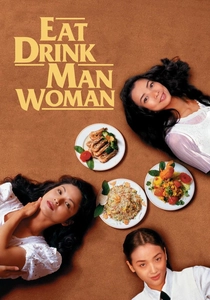
Eat Drink Man Woman (1994)
Description: A heartwarming tale of a master chef and his three daughters, exploring themes of family, tradition, and the changing dynamics in modern Taiwan.
Fact: The film's elaborate food scenes were meticulously prepared by the director, who is also a renowned foodie.
 30 Days Free
30 Days Free
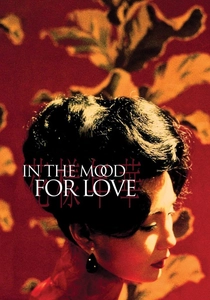
In the Mood for Love (2000)
Description: Set in 1960s Hong Kong, this film explores the subtle, unconsummated love between two neighbors, reflecting on themes of loneliness and fidelity.
Fact: The film's iconic cheongsam dresses became a fashion statement, and it was nominated for the Palme d'Or at Cannes.
 30 Days Free
30 Days Free
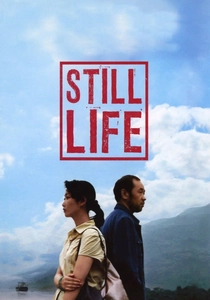
Still Life (2006)
Description: Set against the backdrop of the Three Gorges Dam project, this film examines the lives of individuals uprooted by progress, reflecting on themes of displacement and change.
Fact: The film won the Golden Lion at the Venice Film Festival, highlighting its poignant narrative and visual storytelling.
 30 Days Free
30 Days Free
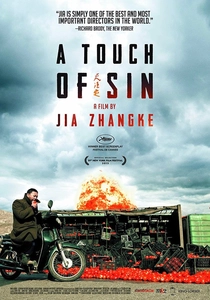
A Touch of Sin (2013)
Description: A modern take on Chinese society, this film weaves together four stories of violence and social injustice, reflecting contemporary issues.
Fact: The film was censored in China for its critical portrayal of societal issues, leading to its director's temporary ban from filmmaking.
 30 Days Free
30 Days Free

To Live (1994)
Description: This film captures the tumultuous changes in China from the 1940s to the 1970s through the eyes of a family, offering a poignant look at resilience and survival.
Fact: The film was banned in China for its critical portrayal of the Cultural Revolution, yet it won the Grand Jury Prize at Cannes.
 30 Days Free
30 Days Free

